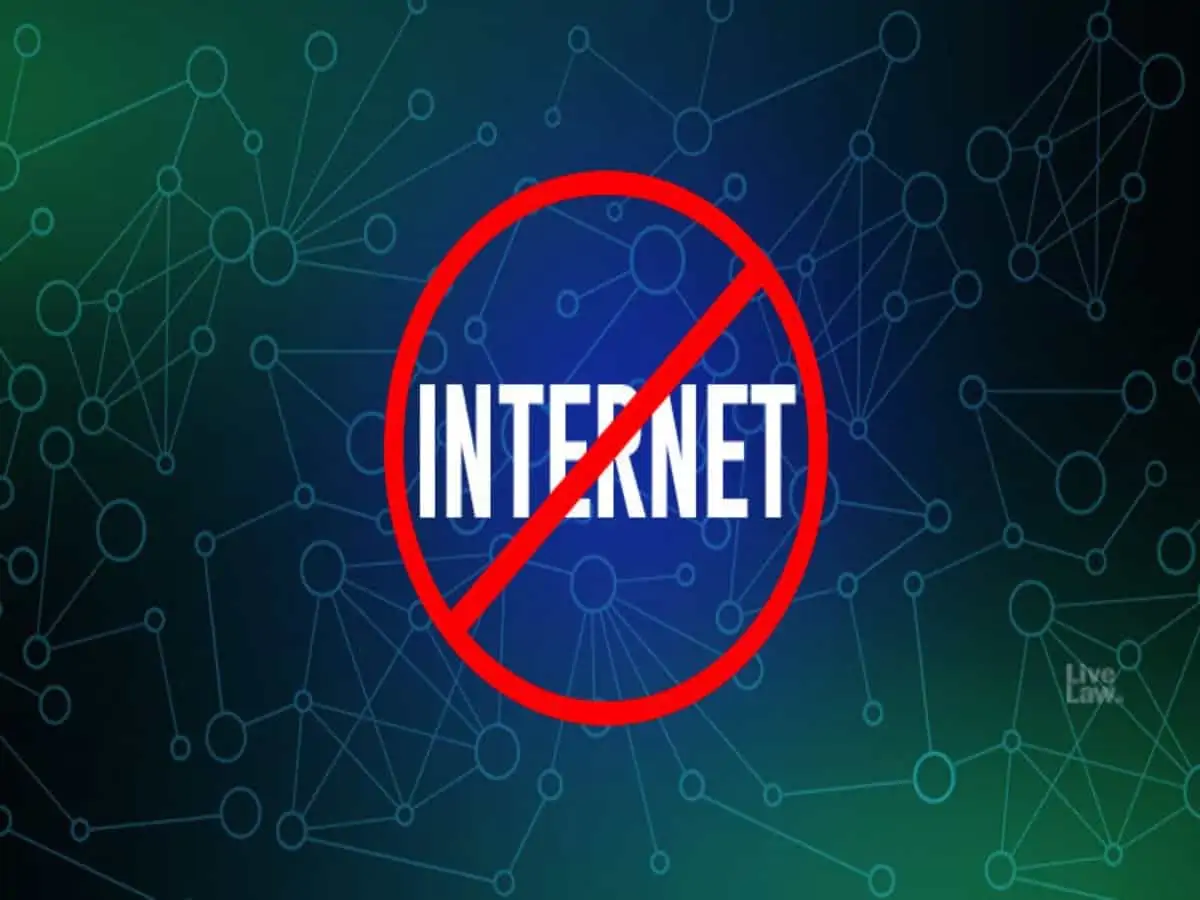LAHORE: A petition challenging the nationwide internet shutdown has been submitted to the Lahore High Court, where the Registrar’s Office has scheduled a hearing today.
Justice Shakeel Ahmed will preside over the case, which was filed by Nadeem Sarwar.
The petitioner has named the federal government, the Pakistan Telecommunication Authority (PTA), and others as respondents in the case.
The petitioner argues that the internet and social media platforms were shut down without prior notice or justification, causing significant disruption to businesses and daily life.
He contends that the internet shutdown infringes on fundamental rights and is seeking the annulment of the federal government’s decision, demanding the immediate restoration of internet services nationwide.
2nd trial of firewall completed
Sources indicate that internet services are expected to return to normal within three days following the completion of the second trial of the firewall. Amid growing concerns from internet users and digital rights activists regarding disruptions to digital platforms and slow internet speeds, Pakistani authorities have concluded the trial run of the controversial firewall, according to telecom sources reported by Geo News on Thursday. The firewall was implemented on internet service providers (ISPs) equipped with deep packet inspection (DPI) capabilities and was installed due to national security concerns.
Telecom sources have confirmed that the slowdown of mobile signals and internet services is due to the installation of a new firewall designed to block unwanted content. They anticipate that all social media services will return to normal speeds within two to three days following the completion of the firewall’s trial period. The initial trial run, conducted in July, also resulted in significant slowdowns for social media platforms.
The federal government allocated over Rs30 billion in the development budget for the acquisition and installation of this filtering system, which was designated to the Ministry of Information Technology. However, the execution of the project is being managed by another authority.
The negative consequences of the firewall’s installation have drawn criticism from local internet users and digital rights organizations, who express concerns about the future of internet-based businesses in Pakistan. As users continue to experience access and speed issues, the Wireless and Internet Service Providers Association of Pakistan (WISPAP) attributes these problems to increased security measures and surveillance, warning that the repercussions could lead to severe economic fallout.
“It’s a very discouraging situation for our customers,” said WISPAP Chairman Shahzad Arshad. “Many are leaving smaller ISPs because they can no longer sustain the poor service quality. If this continues, we will witness a mass exodus of businesses from Pakistan.” He noted that internet speeds have dropped by approximately 30% to 40%, severely affecting those who rely on reliable connectivity for their work.
Further exacerbating these concerns, the Overseas Investors Chamber of Commerce and Industry (OICCI) reported that in 2023, Pakistani startups raised only $75.8 million across 39 deals, marking a sharp decline of 77% in funding and 42% in deal volume compared to the previous year. The OICCI warns that such disruptions could hinder Pakistan’s economic progress, stifle innovation, and negatively impact foreign direct investment (FDI) — crucial for the country’s economic recovery.










